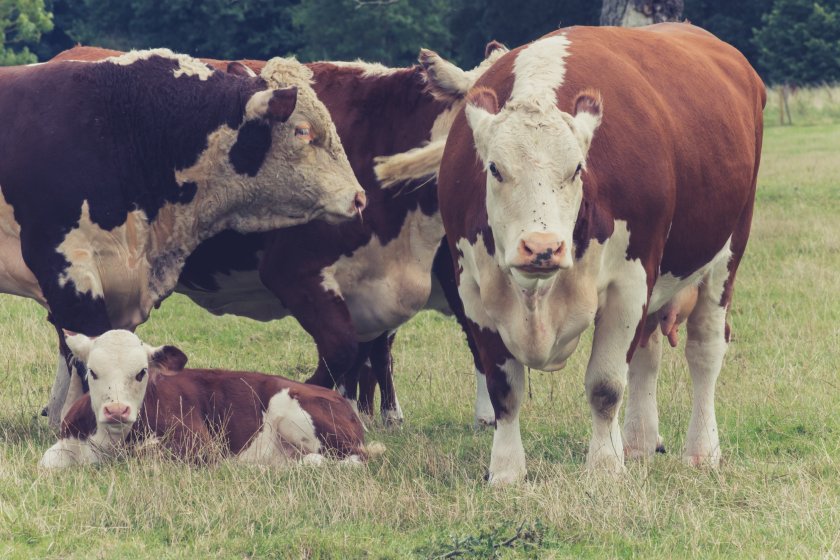Bluetongue's temporary control zones in Kent and Norfolk to be lifted

Kent and Norfolk's temporary control zones (TCZs) set up following an outbreak of bluetongue earlier this winter will 'shortly be lifted'.
The UK’s chief veterinary officer, Christine Middlemiss, confirmed the development three months on after the first case of bluetongue, in November 2023.
Since then, nearly 90 cases of the virus have been confirmed in Kent, Norfolk and Suffolk.
Writing on X, formerly known as Twitter, Ms Middlemiss said: “As our bluetongue monitoring says we are now in the vector low period, we are announcing that the Norfolk and Kent TCZs will shortly be lifted.
"In [the] coming days we [will be in] contact with farmers who have individual premises under restriction."
As our bluetongue monitoring says we are now in the vector low risk period we’re announcing that the Norfolk and Kent TCZs will shortly be lifted. In coming days we contact with farmers who have individual premises under restriction. https://t.co/3C2CCY1PoA
— Christine Middlemiss ???? (@ChiefVetUK) February 9, 2024
BTV-3 is the new strain of bluetongue currently being found in northern Europe and UK, transmitted via biting midge, affecting cattle, goats, sheep and camelids such as llamas.
However, earlier this month, Defra announced that the UK is now in a seasonally low vector period when midge activity is reduced.
The current weather conditions and time of year mean that culicoides – the type of midge able to spread viruses - are unlikely to transmit the virus to livestock, Defra said.
Dr Marion England, institute fellow in vector ecology at the Pirbright Institute, said midges previously infected with BTV-3 were currently highly unlikely to transmit the virus.
“The most active period for midges is during the warmer months in spring, summer and autumn, and midges can become newly infected with bluetongue virus and spread disease when the weather is above 12°C for a sustained period.
“Midges infected in late autumn 2023 are now not likely to be a risk for spreading disease because they usually die off during winter, and are not actively biting when temperatures are below 4°C."








